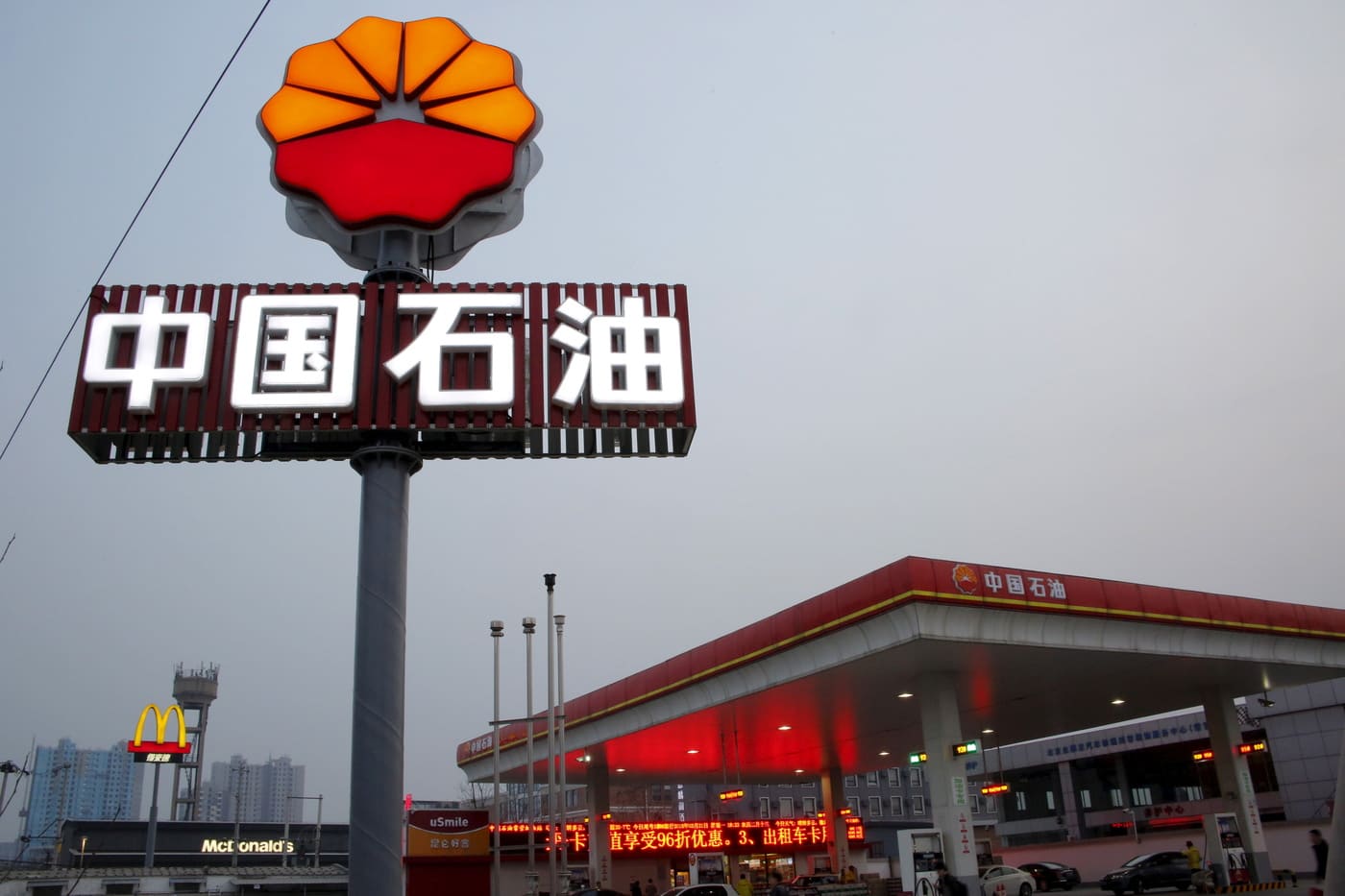Chinese PetroChina’s profits recorded a record high in 2022, benefiting from the jump in global energy prices in the wake of the Russian invasion of Ukraine, as well as the increase in oil and gas production in response to Beijing’s call to avoid any new energy crisis.
The company announced net income of 149 billion yuan ($21.6 billion) for 2022, an increase of 62.1% compared to 92 billion yuan ($13.36 billion) in 2021, according to PetroChina’s business results seen by the specialized energy platform.
The rise in global oil and gas prices last year (2022) helped offset the poor performance in the refining sector, which suffered from a decline in demand resulting from restrictions imposed by the coronavirus pandemic.
PetroChina business results in 2022
The Chinese company achieved revenues of 3.24 billion yuan ($470.5 million) in 2022, which represents an increase of 23.9% compared to 2.6 billion yuan ($377.5 million) in the previous year.
The group maintained a strong cash flow, as free cash flow witnessed an annual increase of 88.4%, according to PetroChina’s business results in 2022.
The company will use the dividend gain to boost spending and shareholder returns, increasing its dividend payment for 2022 to 0.42 yuan ($0.061) per share, from 0.23 yuan ($0.033) for 2021.
Capital expenditure is expected to reach 243.5 billion yuan ($35.37 billion) in 2023, down from 274.3 billion yuan ($39.85 billion) last year (2022).
(Chinese yuan = $0.15).
This spending will include a focus on low-emission fuel sources, as PetroChina aims to achieve a goal of clean energy to account for half of its production by 2050.
The company reviews developments in sectors, including geothermal energy and hydrogen.
PetroChina production of oil and gas
PetroChina’s production of crude oil in 2022 increased to 906.2 million barrels, an increase of 2.1% compared to the previous year (2021), while gas increased to 4.68 trillion cubic feet, an increase of 5.8%.
The group expected that the global economy will continue to recover in 2023, but at a slower pace, and there are still many unstable and uncertain factors, as it may increase the confrontation with fluctuations in international crude oil prices.
With the effect of stable macroeconomic growth still emerging, China’s economic growth will generally pick up; The demand for refined oil has recovered in the local market, and competition is still fierce, according to the results of PetroChina’s business in 2022, which were reviewed by the specialized energy platform.
In 2023, the group plans to reach crude oil production at 912.9 million barrels, and marketable natural gas production at 4.9 billion cubic feet, with a total oil and natural gas equivalent production of 1.727 million barrels.
It also plans to reach crude oil processing volume of 1.293 million barrels in 2023, up from 1.212 million barrels of crude oil processed in 2022, which is a decrease of 1% compared to the previous year.
The following graph – prepared by the specialized energy platform – shows the developments in oil demand in China, from 2021 to 2023:
China gas demand forecast
In a related context, PetroChina expected that the demand for natural gas in China would grow in the current year (2023) with the recovery of the economy, but the recovery of the country’s imports of liquefied gas will depend on spot prices, according to the company’s expectations.
China’s imports of liquefied gas decreased by nearly 20% to 63.4 million tons last year (2022), which pushed it to fall to the second largest buyer in the world for liquefied gas after Japan, as the closure measures resulting from the Corona virus pandemic and the rise in spot prices affected demand.
“We expect natural gas consumption to return to a better level this year compared to 2022,” said Yaoyue Zhang, general manager of liquefied gas and global new energies at PetroChina, according to statements reported by Reuters and seen by the specialized energy platform.
Data from China’s National Development and Reform Commission showed that the country’s apparent gas consumption was 366.3 billion cubic meters in 2022, down 1.7 percent from the previous year.
“This year, we expect at least the same level (as in 2022), we think there can be slightly more given the (Chinese) economy’s recovery,” Zhang said.
related topics..
Also read..

Leave a Reply